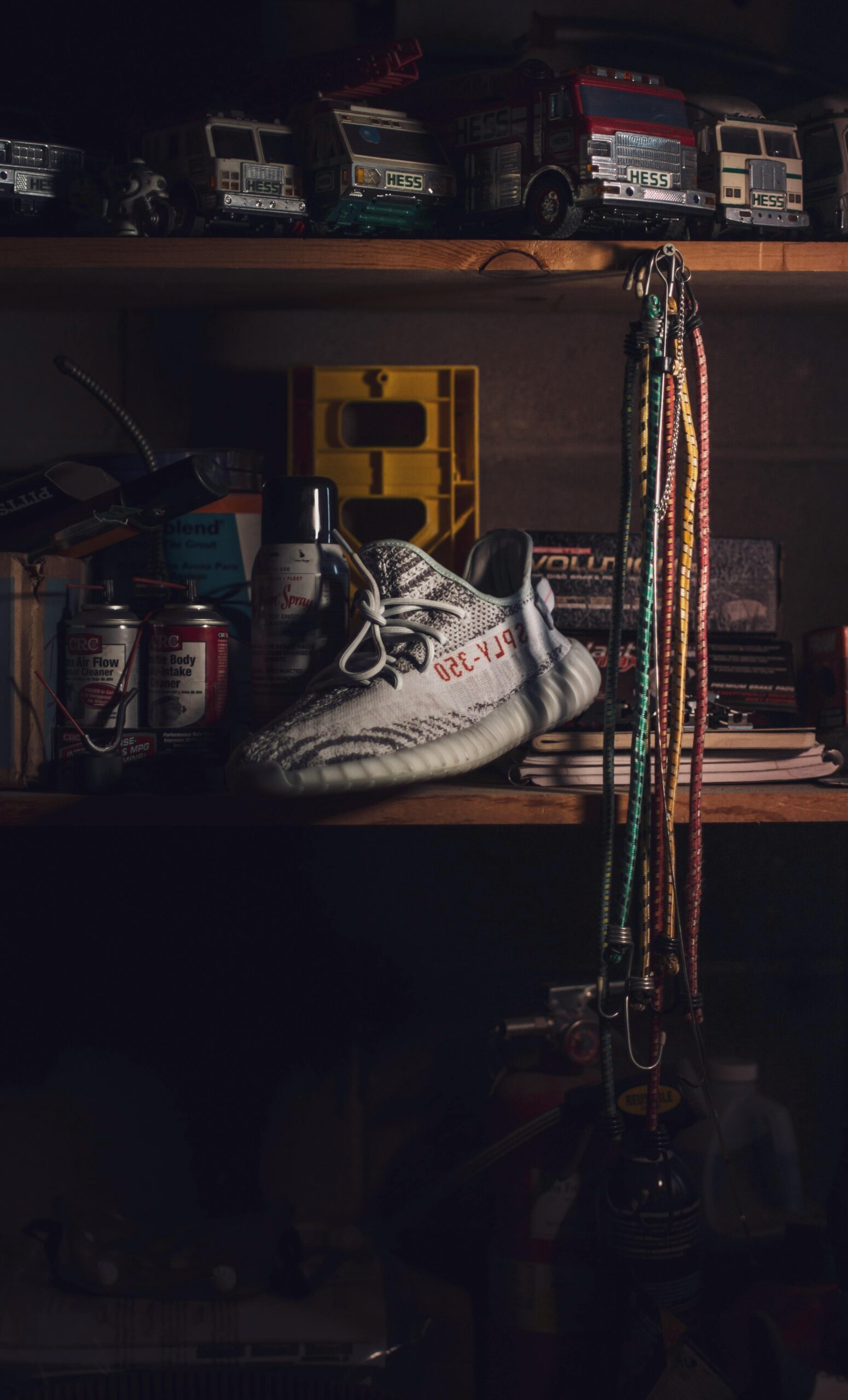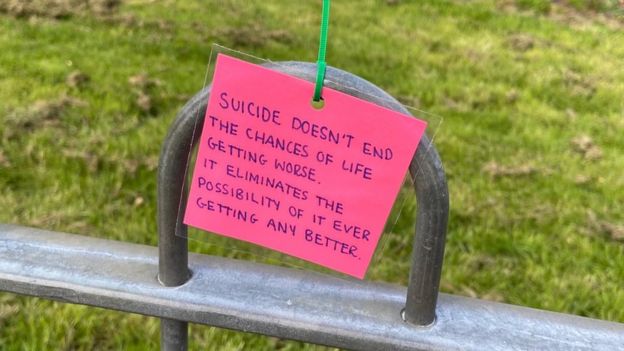James Donaldson notes:
Welcome to the “next chapter” of my life… being a voice and an advocate for mental health awareness and suicide prevention, especially pertaining to our younger generation of students and student-athletes.
Getting men to speak up and reach out for help and assistance is one of my passions. Us men need to not suffer in silence or drown our sorrows in alcohol, hang out at bars and strip joints, or get involved with drug use.
Having gone through a recent bout of depression and suicidal thoughts myself, I realize now, that I can make a huge difference in the lives of so many by sharing my story, and by sharing various resources I come across as I work in this space. http://bit.ly/JamesMentalHealthArticle
Let kids know it’s OK to get help for mental health
When teens hear about suicide, it’s scary. It’s also scary for their parents. With good reason: Suicide is the second leading cause of death among young people aged 10 to 24, after motor vehicle accidents.
It is important to let kids know that friends never let friends keep secrets about suicidal thoughts. They can, and must, tell an adult.
At the same time, parents and schools should emphasize that no child should ever feel responsible for the safety or well-being of another child, student or friend.
What are red flags for suicidal thinking?
Family, friends and schools should be able to recognize and report the red flags that make us worry about suicide in a young person:
- Talking a lot, or writing, about suicide.
- Withdrawing socially.
- Having mood swings.
- Self-medicating with alcohol or daily marijuana.
- Saying things like, “I won’t be a problem for you much longer.”
- Taking risky, self-destructive actions.
- Giving away all belongings without a logical explanation.
When someone is depressed, he or she may seem really sad. But sometimes we may only see the tip of the iceberg.
The tip of the iceberg can be the other symptoms of depression, including difficulty sleeping, or sleeping too much, or feeling numb, or self-harm such as cutting. The iceberg below may be the depression itself.
What can we do to prevent teen suicide?
We need to de-stigmatize emotional health and well-being so that young people feel comfortable reaching out for help to a trusted adult before a crisis occurs.
This begins at home by making sure each family member knows they can get help, if they need it, for their mental health.
We also never want to romanticize suicide. We want to focus instead on how to care for the living — on how to make each child’s and teen’s life meaningful.
We do this by making kids feel loved and valued — by expecting them to be their best selves and setting loving limits, at home and at school.
One of the best ways parents can build resiliency is to be a “lighthouse” rather than a “helicopter,” as Dr. Ken Ginsberg explains in his book, “Raising Kids to Thrive: Balancing Love With Expectations and Protection With Trust.”
Be your teen’s moral compass, their beacon of light. Guide them on issues involving their safety or ethics. Give them a sense of direction, but let them steer the boat.
What to do if you’re worried about a teen
Any parent concerned that a teen may feel suicidal should take them to the ER. Anyone concerned can also find expert, free and confidential help, 24/7, by:
- Calling the National Suicide Prevention Lifeline at 800-273-TALK (8255).



